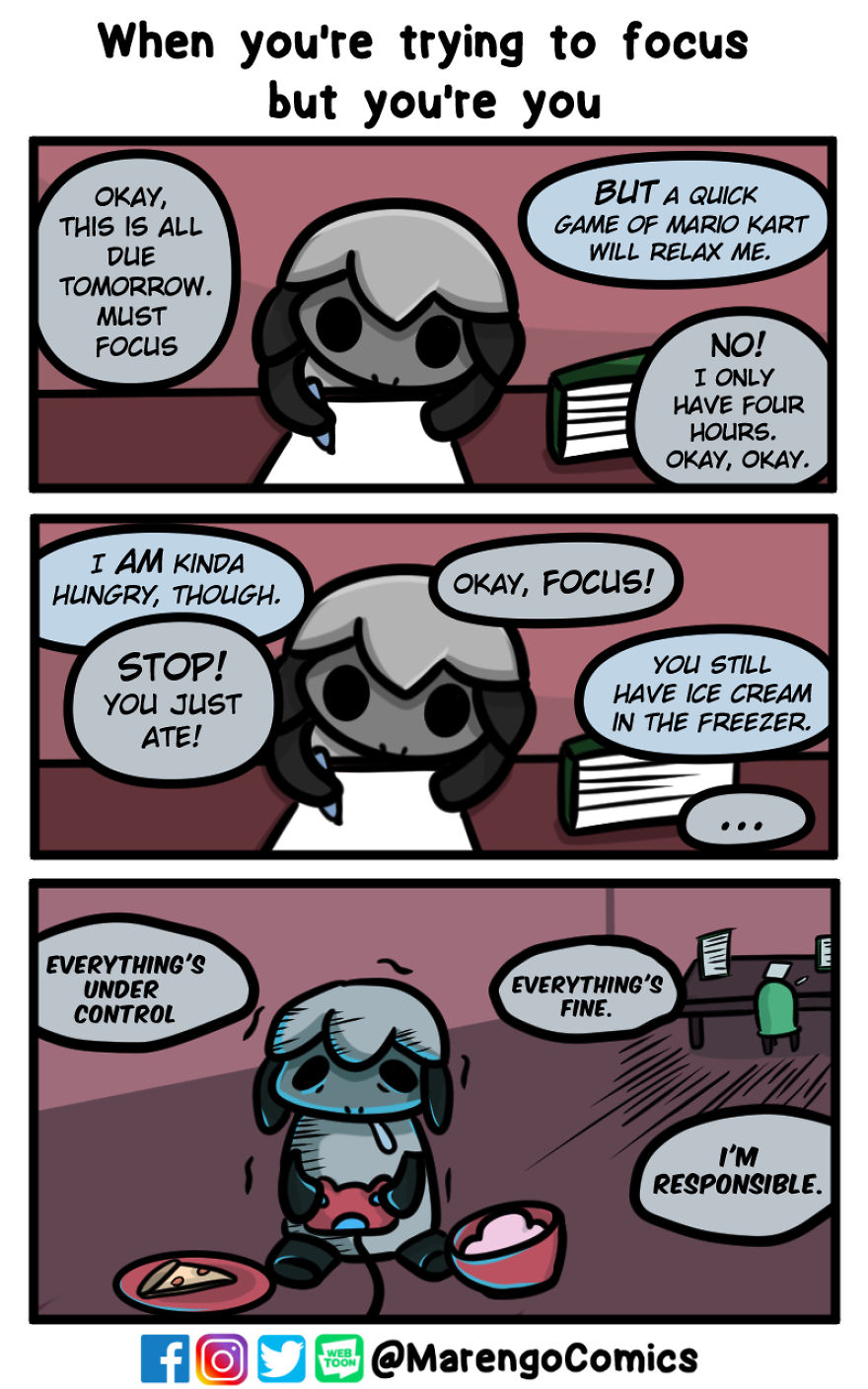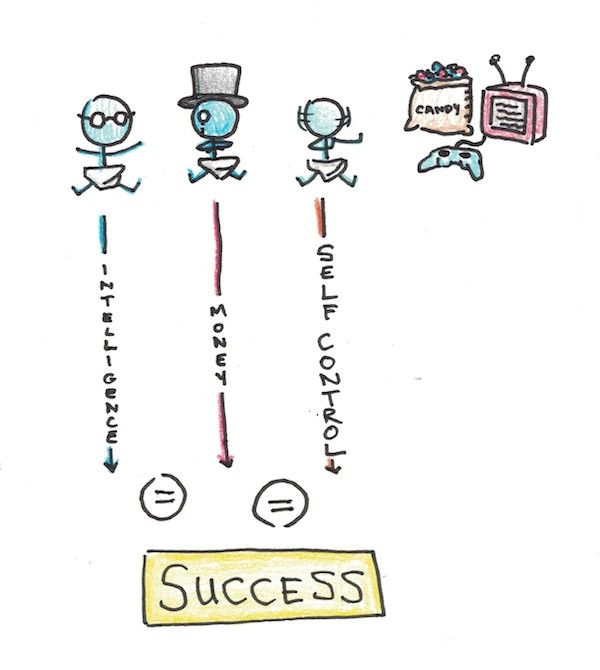Controlling the Self : Exploring the Boundaries of Personal Agency
~ Rama Bharti(2020MT10834)
The concept of selfhood is a complex and multifaceted one, encompassing our thoughts, emotions, behaviors, and even our sense of identity. As we navigate through life, we often find ourselves grappling with the question of how much control we truly have over these various aspects of our selves. Are some features of selfhood easier to control than others?
In this blog, I will be discussing the fascinating world of self-control and examine the extent to which we can shape and direct different facets of our selves. I will be also discussing how concepts of The Social Actor, The Motivated Agent, and The Autobiographical Author offer valuable perspectives on how we navigate our identities and self-control within the context of social interactions, motivations, and self-narratives.
Understanding the Self-Control:
Self-control is the ability to regulate one's thoughts, emotions, and behaviors in order to achieve specific goals or adhere to certain values. The degree of control we can exert varies across different aspects of selfhood.
Emotions: Emotions are often seen as difficult to control because they can overpower our rational thinking. Techniques like mindfulness and emotional intelligence training can somewhat enhance our ability to manage and regulate our emotions.
Thoughts: Our thoughts are more changeable than we realize. By recognizing and addressing negative or unhelpful thoughts, we can reshape our thinking, influencing our actions and emotions.
Behavior: Controlling our behavior is usually viewed as easier than managing emotions or thoughts. We can actively select our actions and work on altering them. Habits, whether positive or negative, have a significant impact on behavior. By grasping how habits form and using methods for change, we can enhance our control over our actions.
Identities and Values: Our sense of self and our cherished values are strongly shaped by factors like upbringing, culture, and personal experiences. While altering core aspects of our identity can be challenging, it's not beyond reach. Transformative experiences and self-reflection can help shift our sense of self to align with new values.
When exploring self-control, it is essential to recognize the role of The Social Actor within us. The Social Actor concept emphasizes how our behaviors, thoughts, and emotions are influenced by social context and expectations. Our behavior often adapts to fit the social roles we play, which can either enhance or challenge our self-control efforts. For instance, in a professional setting, we may exert greater control over our emotions and behaviors to align with workplace norms. Understanding how we switch roles as social actors can help us harness our self-control abilities more effectively.
Our self-control efforts are intricately tied to our motivations as The Motivated Agent within our selves. We know that The Motivated Agent concept emphasizes the role of motivation in shaping our actions and choices. When we are strongly motivated to achieve a particular goal, whether it's losing weight or advancing our careers, or completing a due task, we often find it easier to control our behaviors and thoughts. Recognizing and nurturing our motivations can be a powerful tool for enhancing self-control in various aspects of our lives.
The Autobiographical Author concept emphasizes our ability to construct narratives about our own lives, shaping our sense of identity and self-control. As The Autobiographical Author of our own life stories, we possess the remarkable capacity to redefine and reshape our sense of self and values. It's through this self-narrative that we can consciously choose to exercise self-control. For example, someone who identifies as a "healthy person" in their life story is more likely to make choices aligned with that identity, such as maintaining a balanced diet and exercising regularly, or someone who has defined having "success" in life as to having intelligence, money, and self-control. By crafting empowering narratives, we can influence our self-control in profound ways.
So, that's all! All these concepts of self-control, incorporating concepts of The Social Actor, The Motivated Agent, and The Autobiographical Author and the varying degrees to which we can influence different facets of our selves. It is important to remember that self-control is a lifelong journey of self-discovery and personal growth. By understanding our strengths and limitations and while we may not have complete mastery over our emotions, thoughts, behaviors, or even our sense of self, we do possess the capacity for growth and change.
References:
- https://nobaproject.com/modules/self-and-identity




Your blog on "Controlling the Self: Exploring the Boundaries of Personal Agency" is a fascinating exploration of self-control and its different aspects. I appreciate the clarity and organization of your content, and your use of real-life examples makes the concepts come to life.
ReplyDeleteTo enhance your blog further, consider briefly defining the introduced concepts for readers who might not be familiar with them. Additionally, incorporating citiation of sources of visual elements and sharing your personal perspective on self-control could make your content even more engaging.
Overall, it's an informative piece.
Thank you Vansh for your valuable feedback on my blog post. I appreciate your suggestions to define introduced concepts for unfamiliar readers, cite visual sources, and share my personal perspective on self-control. I'll make sure to incorporate these improvements to enhance the blog and make it more informative and engaging for readers. Your insights are highly appreciated!
Delete